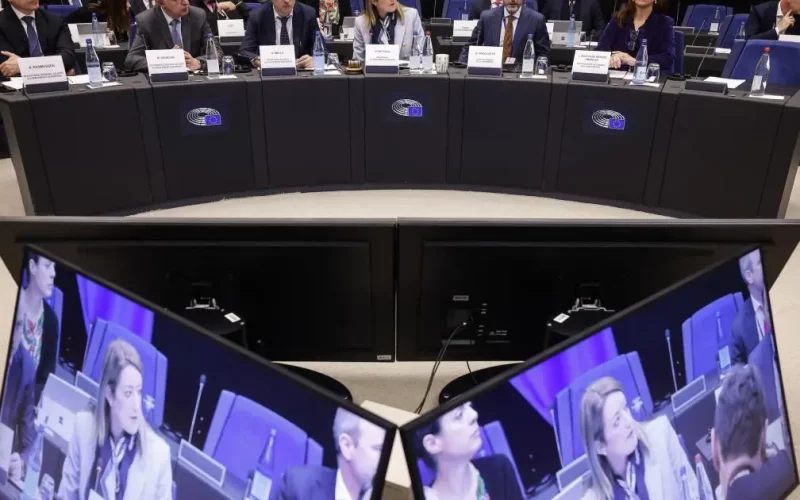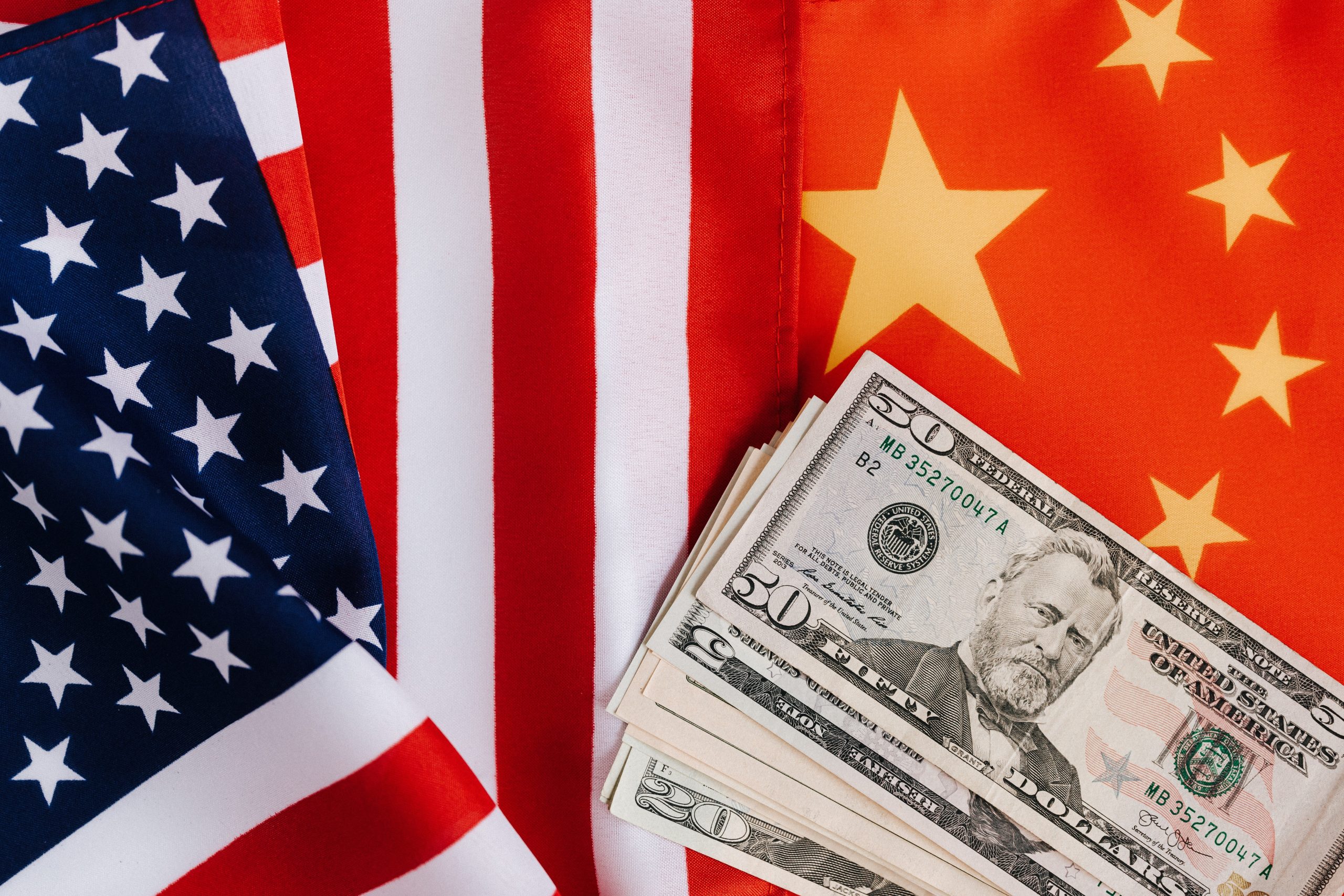In the realm of geopolitics, the intertwining of money and power often leads to scandalous revelations. One such instance is the Qatargate scandal, a controversy that rocked Europe, exposing the influence of Qatar’s wealth on European politicians. This article delves into the intricacies of the scandal, shedding light on its origins, key players involved, and its far-reaching consequences. Additionally, it will present an analysis table and a comparative table to provide a comprehensive understanding of the scandal’s impact.
Origins of Qatargate
The roots of the Qatargate scandal can be traced back to Qatar’s ambitious efforts to expand its influence on the global stage. As a wealthy nation abundant in natural resources, particularly natural gas, Qatar sought to wield its economic power to gain political leverage. In Europe, this translated into strategic investments, especially in industries such as energy, finance, and sports. However, it wasn’t long before allegations surfaced regarding Qatar’s use of its financial resources to sway European decision-makers.
Key Players
At the heart of the Qatargate scandal were prominent European figures who allegedly succumbed to Qatar’s financial inducements. These figures included politicians, bureaucrats, and even members of royal families. Their willingness to engage in questionable dealings with Qatar raised serious ethical and legal concerns, prompting investigations and public outcry. The scandal also involved Qatari officials and entities accused of orchestrating a sophisticated network aimed at buying influence across Europe.
Consequences and Fallout
The revelations stemming from the Qatargate scandal had profound consequences on both sides of the controversy. In Europe, it led to a crisis of confidence in political institutions and fueled calls for greater transparency and accountability. Several politicians faced scrutiny and legal repercussions, tarnishing their reputations and careers. Furthermore, the scandal strained diplomatic relations between Qatar and European nations, raising doubts about the extent of Qatar’s soft power and its implications for global governance.
Global Implications
Beyond Europe, the Qatargate scandal sent shockwaves throughout the international community, highlighting broader concerns about the influence of wealthy nations on global politics. Qatar’s assertive use of its economic resources to shape policy outcomes raised questions about the efficacy of existing regulatory frameworks in curbing undue foreign interference. Moreover, the scandal prompted discussions on the need for coordinated efforts at the international level to address such challenges, underscoring the importance of robust mechanisms to safeguard the integrity of democratic processes worldwide.
Lessons Learned and Future Outlook
As the fallout from Qatargate continues to unfold, it offers valuable lessons for policymakers, diplomats, and civil society actors alike. The scandal underscores the imperative of transparency, accountability, and ethical conduct in political and economic interactions. It also serves as a catalyst for reforms aimed at bolstering institutional resilience against external pressures and safeguarding democratic norms. Looking ahead, the legacy of Qatargate serves as a cautionary tale, reminding stakeholders of the enduring importance of upholding integrity and sovereignty in the face of complex geopolitical dynamics and financial enticements.
Analysis Table
| Aspect | Impact |
|---|---|
| Political Fallout | Erosion of public trust in European institutions |
| Legal Ramifications | Investigations leading to prosecutions and resignations |
| Diplomatic Relations | Strained ties between Qatar and European nations |
| Public Perception | Heightened awareness of foreign influence in politics |
| Regulatory Reforms | Calls for enhanced transparency and anti-corruption measures |
Comparative Table
| Country/Institution | Allegations | Actions Taken |
|---|---|---|
| France | Political donations | Investigations launched |
| Germany | Lobbying efforts | Calls for tighter regulations |
| FIFA | Bribery in World Cup bidding | Reforms in bidding process |
| European Union | Influence in policy-making | Proposals for transparency mechanisms |
Conclusion
The Qatargate scandal serves as a stark reminder of the perils associated with the intersection of wealth and power in global affairs. It exposed vulnerabilities within European political systems and underscored the need for greater vigilance against foreign influence. As the dust settles, the repercussions of the scandal continue to reverberate, prompting introspection and reforms aimed at safeguarding democratic principles and integrity in governance. Only time will tell whether the lessons learned from Qatargate will pave the way for a more transparent and accountable political landscape in Europe and beyond.












